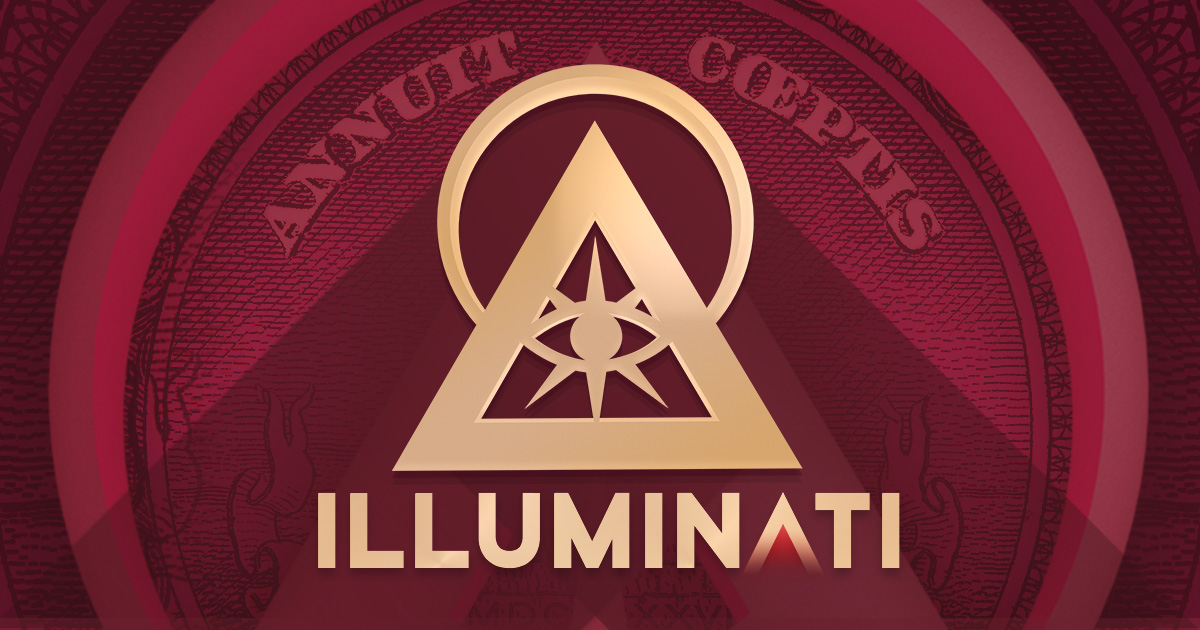Stephen Sizer’s “Christian Zionism”: A journey through history, theology and politics
04/09/2025 / By Kevin Hughes

- Christian Zionism emerged in the early 19th century among British evangelicals who believed in the literal restoration of Jews to Palestine as a precursor to Christ’s Second Coming, based on biblical prophecy. Key figures like Lewis Way, Charles Simeon and Lord Shaftesbury promoted this idea politically.
- Christian Zionists actively lobbied European leaders (e.g., Czar Alexander I) to support a Jewish homeland, seeing it as both a divine mandate and a strategic advantage for British colonialism. William Hechler later aided Theodor Herzl in gaining political backing for Zionism.
- John Nelson Darby’s Dispensationalist theology, popularized in America by Cyrus Scofield, reinforced the idea of a separate destiny for Jews and the Church, shaping evangelical support for Israel as a fulfillment of prophecy.
- Christian Zionism strongly backs Israeli settlements, opposes Palestinian statehood and supports rebuilding the Jewish Temple—even at the expense of Muslim holy sites—due to end-times beliefs. This stance fuels conflict and anti-Arab sentiment.
- The movement is a major force in U.S. politics, often opposing peace efforts. The article questions whether a more inclusive “Biblical Zionism” could promote coexistence while acknowledging Israel’s legitimacy.
In the early 19th century, a movement emerged that would reshape the geopolitical landscape of the Middle East and challenge theological interpretations across the globe. This movement, known as Christian Zionism, began with a group of British evangelical leaders who fervently believed in the literal restoration of the Jewish people to their ancient homeland, Palestine.
Their conviction was rooted in a literal interpretation of the Bible, and they saw this restoration as a precursor to the Second Coming of Christ. This intriguing narrative is explored in depth in Stephen Sizer’s thought-provoking book, “Christian Zionism: Road-Map to Armageddon?”
The origins of Christian Zionism can be traced back to figures like Lewis Way and Charles Simeon, who were driven by a premillennial eschatology that prophesied a period of tribulation before Christ’s return. However, their beliefs were not confined to theological discourse.
These leaders were politically astute and actively lobbied European heads of state, including Czar Alexander I of Russia, to support the establishment of a Jewish homeland. One of the most influential figures was Lord Shaftesbury, who viewed the restoration of the Jews as both a biblical mandate and a strategic advantage for British foreign policy. He believed that a Jewish homeland in Palestine would give Britain a colonial edge over France and open up new markets for British goods.
As the 19th century progressed, the Zionist movement gained momentum, heavily influenced by Christian Zionists like William Hechler. Hechler played a crucial role in helping Theodor Herzl, the father of political Zionism, gain access to key political figures, including the German Kaiser and British politicians. This collaboration between Jewish and Christian Zionists underscored the shared vision of a Jewish homeland, albeit for different reasons.
The rise of John Nelson Darby, a key figure in the development of Dispensationalism, further fueled the spread of Christian Zionist ideas across the Atlantic. Darby’s teachings emphasized a rigid distinction between Israel and the Church, and he believed that the Jewish people would return to their homeland before or after their conversion but remain separate from the Church.
This dispensationalist perspective was popularized by Cyrus Scofield, whose Scofield Reference Bible became a cornerstone of American evangelicalism. Scofield’s notes reinforced the idea that the promises made to Abraham were unconditional and eternal, and that the modern State of Israel was a fulfillment of biblical prophecy.
The implications of Christian Zionism for the Middle East are profound and contentious. Christian Zionists believe that the land of Israel, including the Occupied Territories, belongs exclusively to the Jewish people.
This conviction has led to strong support for Israeli settlements and opposition to any peace deals that would require Israel to relinquish territory. Furthermore, Christian Zionists vehemently oppose any proposals for joint sovereignty or the creation of a Palestinian capital in East Jerusalem, a stance that has significant political ramifications, particularly in the United States.
Perhaps the most controversial aspect of Christian Zionism is its belief in the rebuilding of the Jewish Temple. Dispensationalists argue that the Temple must be rebuilt because the anti-Christ will desecrate it just prior to Christ’s return. This belief has led to support for organizations like the Temple Mount Faithful, which seeks to destroy the Al Aqsa Mosque and Dome of the Rock to make way for a new Temple.
The belief in an imminent Armageddon leads Christian Zionists to oppose any peaceful resolution of the Arab-Israeli conflict, arguing that such efforts are futile and even rebellious against God’s plans. This apocalyptic worldview has significant implications for the future of the region, as it justifies the oppression of Palestinians, fuels anti-Arab sentiments and demonizes Islam.
In conclusion, Christian Zionism has become a powerful force in American politics, with conservative estimates suggesting that the movement is at least ten times larger than the Jewish Zionist movement. It has become the dominant lobby within contemporary American politics, shaping policies and perceptions in ways that have lasting consequences for the Middle East.
Watch this video below about Stephen Sizer’s book “Christian Zionism: Road Map to Armageddon?”
This video is from the BrightLearn channel on Brighteon.com.
Sources include:
Submit a correction >>
Tagged Under:
Abraham, al-Aqsa Mosque, American evangelicalism, Anti Christ, armageddon, Britain, Christian Zionism, Christian Zionists, Cyrus Scofield, Czar Alexander I, Dome of the Rock, France, Israel, Jerusalem, Middle East, Palestine, Palestinians, Russia, Stephen Sizer, Theodor Herzl, William Hechler
This article may contain statements that reflect the opinion of the author
RECENT NEWS & ARTICLES
COPYRIGHT © 2018 GLOBALISM.NEWS
All content posted on this site is protected under Free Speech. Globalism.news is not responsible for content written by contributing authors. The information on this site is provided for educational and entertainment purposes only. It is not intended as a substitute for professional advice of any kind. Globalism.news assumes no responsibility for the use or misuse of this material. All trademarks, registered trademarks and service marks mentioned on this site are the property of their respective owners.



















